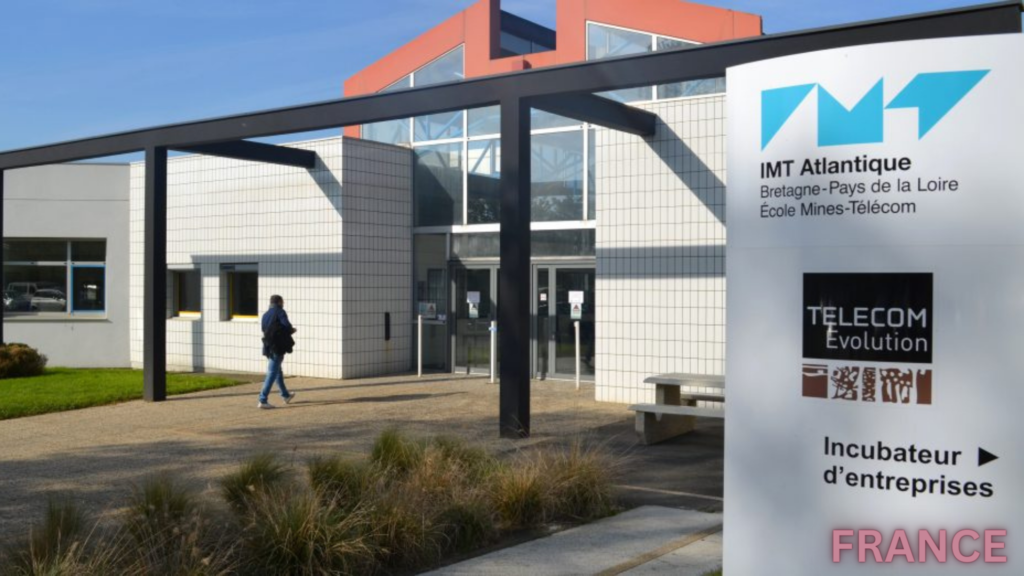

Introduction: Embark on a transformative journey into the world of Environmental Engineering and Sustainability at IMT Atlantique. In this comprehensive guide, we will explore the multidisciplinary field of environmental engineering, focusing on sustainable practices, innovative technologies, and the vital role engineers play in creating a greener and more sustainable future. IMT Atlantique offers a rigorous program that equips students with the knowledge, skills, and practical experience needed to address complex environmental challenges and drive positive change.
The Significance of Environmental Engineering and Sustainability: Environmental Engineering and Sustainability is a critical field that addresses the intersection of engineering, science, and environmental protection. At IMT Atlantique, students delve into a wide range of topics, including pollution prevention, water and wastewater treatment, sustainable energy systems, ecological restoration, and environmental policy. By applying engineering principles and innovative technologies, environmental engineers tackle complex challenges to ensure the conservation of natural resources, the protection of ecosystems, and the promotion of sustainable development.
Cutting-Edge Curriculum and Research Opportunities: IMT Atlantique’s Environmental Engineering and Sustainability program offers a cutting-edge curriculum that blends theoretical knowledge with practical applications. Students engage in interdisciplinary coursework, laboratory experiments, and research projects focused on sustainable solutions and environmental innovation. The program emphasizes the use of advanced technologies, such as remote sensing, modeling, and data analysis, to address environmental issues and develop sustainable strategies for industries and communities.
Practical Training and Industry Collaboration: IMT Atlantique places a strong emphasis on practical training and collaboration with industry partners. Students have access to state-of-the-art facilities and gain hands-on experience through internships, fieldwork, and real-world projects. The university has established strong connections with environmental engineering firms, government agencies, and research institutions, providing students with valuable opportunities to apply their knowledge in real-world settings. This practical exposure enhances their problem-solving skills, fosters creativity, and prepares them to make a meaningful impact in their future careers.
Career Prospects in Environmental Engineering and Sustainability: Graduates of the Environmental Engineering and Sustainability program at IMT Atlantique have diverse career prospects. They can work as environmental engineers, sustainability consultants, waste management specialists, renewable energy experts, or environmental policymakers. The demand for professionals in this field is growing as organizations worldwide recognize the importance of sustainable practices and environmental stewardship. With their multidisciplinary skills and a deep understanding of sustainability principles, graduates play a crucial role in creating a more sustainable and resilient future.
Admissions and How to Apply: Prospective students interested in the Environmental Engineering and Sustainability program at IMT Atlantique must meet the university’s admission criteria. This typically includes a strong academic background in mathematics and science, proficiency in English, and submission of required documents. Detailed information about the application process, deadlines, and any additional requirements for international students can be found on the university’s official website.
Conclusion:
In conclusion, IMT Atlantique’s Environmental Engineering and Sustainability program offers a comprehensive and forward-thinking education that prepares students to become environmental leaders and catalysts for positive change. By addressing global environmental challenges through innovative solutions, graduates of this program contribute to a more sustainable and resilient world.
